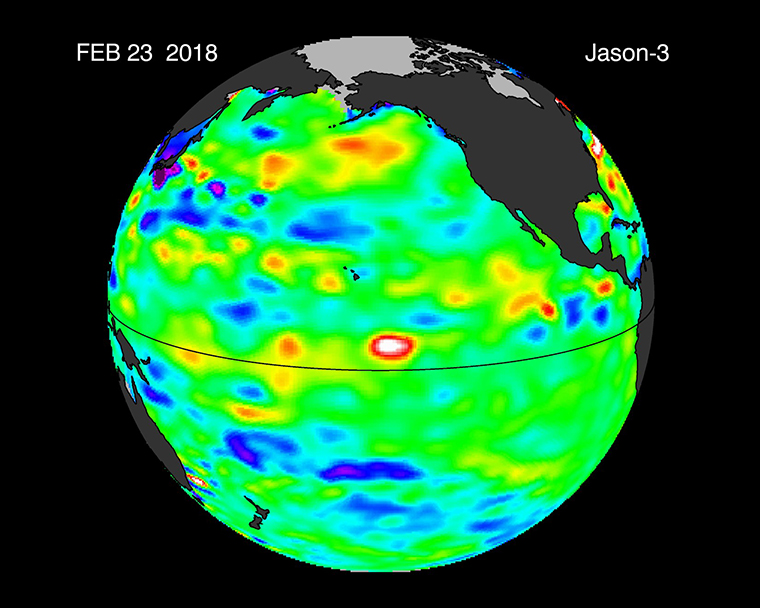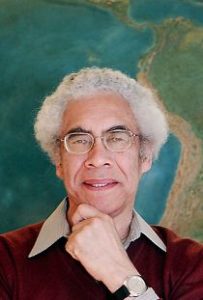
S. George Philander, one of the world’s leading experts on climate and the interactions between the ocean and atmosphere, will deliver two talks March 28 and 29 as part of the McDonnell Distinguished Lecture Series, sponsored by Washington University in St. Louis’ McDonnell Center for the Space Sciences.
Philander is a professor emeritus at Princeton University. A physical oceanographer by training, Philander orchestrated the research that laid the foundation for the modern understanding of the El Niño phenomenon. In recent years, Philander has turned his attention to paleoclimatology as a unique testing ground for understanding the climate system.

Philander gives his McDonnell Distinguished Lecture, “The Hedgehog and the Fox — A Nelson Mandela Perspective on Global Warming,” at 7 p.m. March 28 in Whitaker Hall, Room 100.
In it, he plans to tackle the idea that global warming is polarizing because it involves both the world of science, where the laws of nature are absolute and apply without exception, and the world of human affairs, where compassion is a virtue and compromise a requisite. Philander, a native South African, draws on a parable that Mandela helped to popularize — knowing when to be a fox and when to be a hedgehog — to suggest a project that promotes responsible stewardship of planet Earth.
Philander also will present a public colloquium lecture of a more technical nature, “The Precarious Present — Is Global Warming Inhibiting an Incipient Ice Age?” at 4:15 p.m. March 29 in Crow Hall, Room 201. In a warming world, Philander proposes a model that exploits cyclic signals in the climate record, including those from polar glaciers that wax and wane in unison with the expansion and contraction of cloud-covered areas of cold tropical waters. These fluctuations cause a third signal — the response to precession of the equinoxes — to be sporadic. Philander argues that the present is a precarious time, with rising atmospheric carbon dioxide levels inhibiting an incipient Ice Age, but at such a rapid rate that Earth’s inhabitants are at risk.
The McDonnell Center for the Space Sciences, established in 1975 through a gift from aerospace pioneer James S. McDonnell, is a consortium of Washington University faculty, research staff and students, primarily from earth and planetary sciences and physics, both in Arts & Sciences. They are working on the cutting edge of space science research.
For more information, contact Jan Foster, assistant to the director of the McDonnell Center, at 314-935-5332 or janf@wustl.edu.